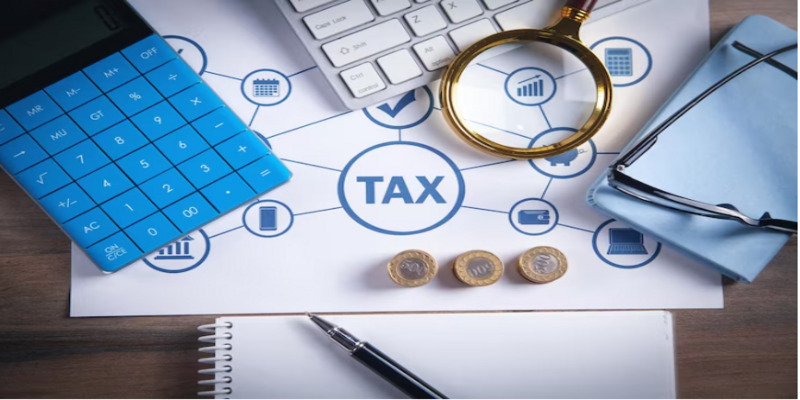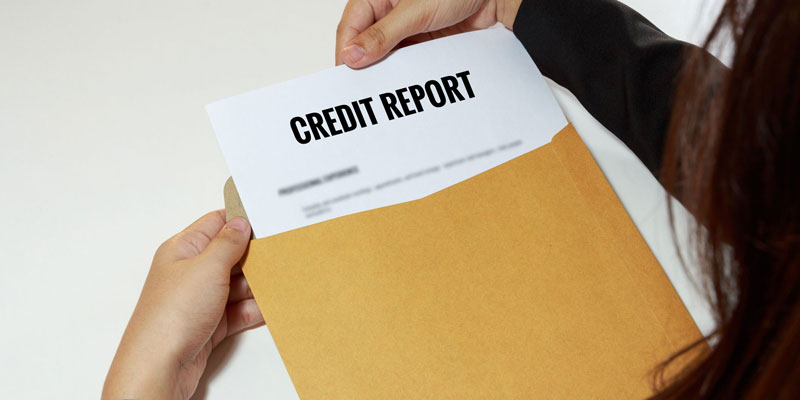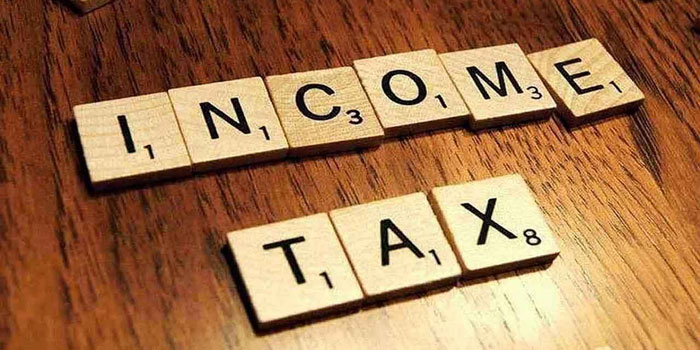When you own a home in the Sunshine State, you're not just buying a piece of paradise but also taking on a responsibility: paying property taxes. But don't worry; it's not as complicated as it might seem. In this conversational and spartan guide, we'll break down Florida property tax into digestible bits and give you the lowdown on how it works and how you can save some hard-earned cash.
What is Florida Property Tax?
Florida property tax is the money you pay to your local government for the privilege of owning property. It's like a membership fee to enjoy all the amenities your community offers, from schools and parks to roads and public services.
The primary source of revenue for local governments in Florida is that property taxes fund various essential services and infrastructure projects. These services include public schools, law enforcement, fire departments, and road maintenance.
How is Florida Property Tax Calculated?
Now, let's dive into how Florida calculates your property tax. It's a bit different than in other states.
Assessment
The initial stage in the process involves a comprehensive assessment of your property's value, typically conducted by the county property appraiser. Their role is to establish the market value of your property, which essentially signifies its worth in an open market scenario. This valuation is crucial for various purposes, including property tax assessment, mortgage lending, and real estate transactions. Accurate property assessment is essential to ensure fair taxation, equitable property values, and transparency in the real estate market.
Exemptions
Now, the good news: Florida offers several property tax exemptions that can lower your tax bill. The most common one is the Homestead Exemption. You can qualify for this exemption if you live in your property as your primary residence and it's worth less than $25,000. It can save you up to $50,000 of assessed value, translating to significant tax bill savings.
Other exemptions might apply to veterans, seniors, and disabled individuals. These exemptions can shave off a portion of your property's assessed value, reducing your tax liability.
Millage Rate
Moving on, let's delve into the millage rate – no, it's not a term from your local coffee shop menu. This rate plays a pivotal role in the calculation of your property tax. It's expressed in "mills," with one mill equivalent to one-tenth of a cent.
So, when you come across a millage rate of 10, it signifies a tax of $10 for every $1,000 of assessed property value. What's interesting is that these rates aren't standardized; instead, they are determined by your local government, meaning they can vary significantly based on your place of residence. Understanding this rate is vital for property owners to comprehend their tax obligations.
Tax Calculation

To calculate your property tax, simply multiply your property's assessed value by the millage rate and then divide by 1,000. Here's the formula:
Property Tax = (Assessed Value x Millage Rate) / 1,000
Let's say your home is assessed at $200,000, and the millage rate in your area is 10. Your property tax would be:
Property Tax = ($200,000 x 10) / 1,000 = $2,000
That's your annual property tax bill.
When and How to Pay Florida Property Tax?
Florida property taxes are typically due in November and become delinquent if not paid by April 1st of the following year. Many counties offer various payment options, including online payments, mail-in checks, or in-person visits to the tax collector's office. Check with your local tax authorities for specific deadlines and payment methods.
Save Money on Your Florida property tax.
Now, the part you've been waiting for - how to save on your property tax bill in Florida.
Homestead Exemption
We mentioned it earlier, but it's worth repeating - the Homestead Exemption is your friend. Make sure you qualify for it, and if you do, apply for it. It's one of Florida's most significant ways to reduce your property tax.
Additional Exemptions
Delve into the possibility of additional exemptions for which you might qualify. As a veteran, senior citizen, or person with a disability, you may be eligible for further exemptions that can effectively reduce your property tax obligations.
Portability
Florida has a unique feature known as "portability." This allows homeowners to transfer their Save Our Homes benefits to a new property. So, if you're thinking of moving within Florida, you can potentially carry over your accumulated tax savings to your new home.
Contest Your Assessment
If you believe your property's assessed value is too high, you have the right to appeal it. Check with your county property appraiser's office for details on the appeals process. If successful, this can result in a lower assessed value and, subsequently, lower property taxes.
Take Advantage of Tax Incentives

Florida offers various tax incentives for energy-efficient home improvements and renewable energy installations. By making your home more environmentally friendly, you can save on your energy bills and potentially qualify for tax credits or exemptions.
Conclusion
Florida property tax may seem daunting initially, but it's essential to remember that it funds the services and amenities that make your community a great place to live. By understanding how it works and taking advantage of available exemptions and incentives, you can ease the burden on your wallet and make property ownership in the Sunshine State even more enjoyable.




